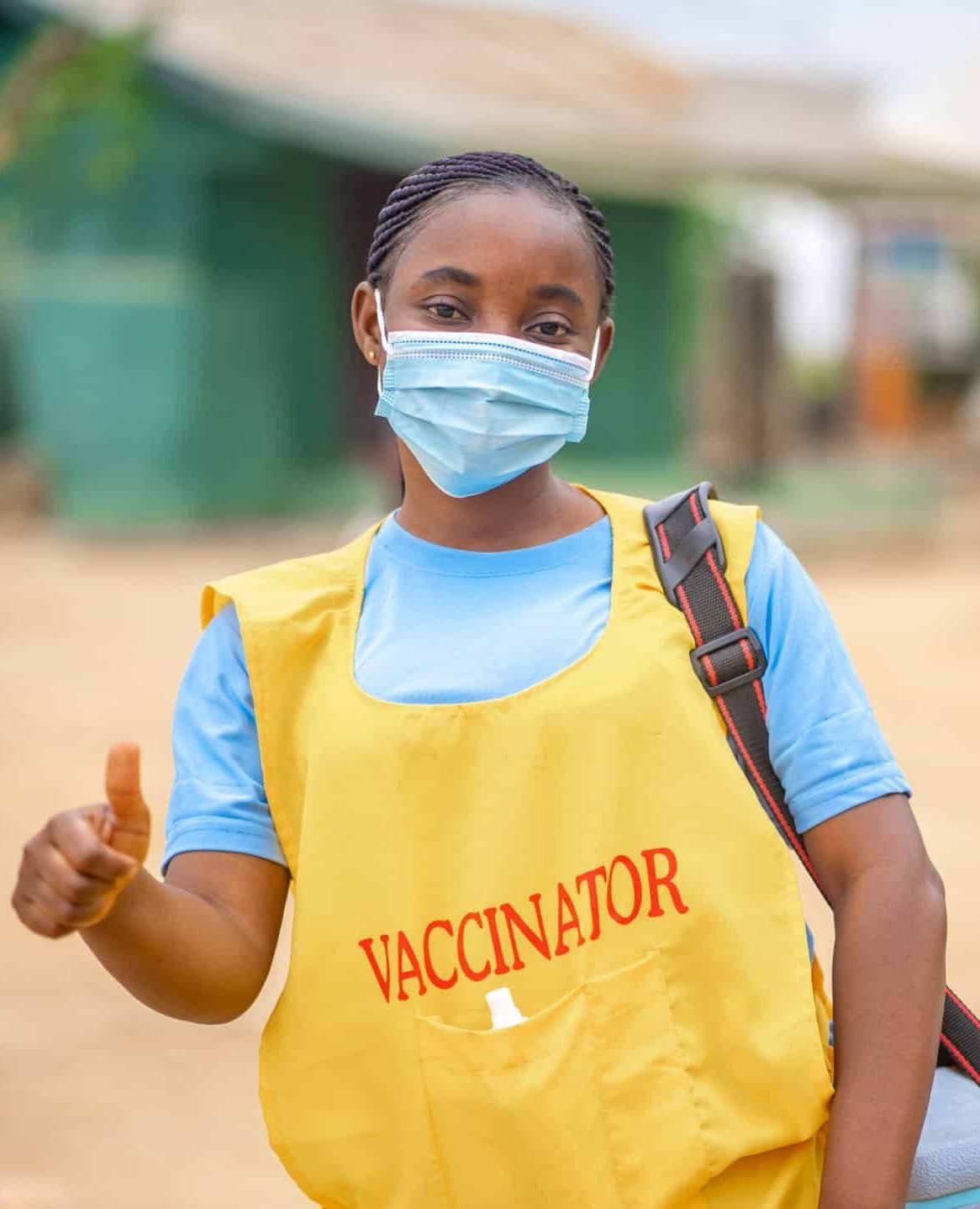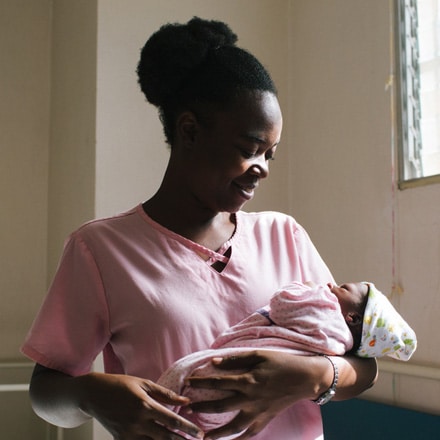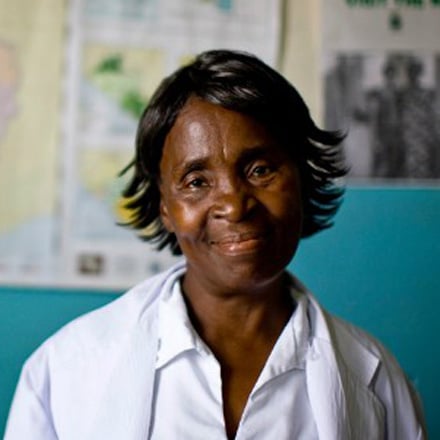Our Initiatives
We believe that a diverse, gender-balanced leadership is key for achieving a more equitable world and realizing the vision of the sustainable development goals. It improves performance, strengthens workforce capacity, enhances connections with target populations, and accounts for specific considerations regarding the needs of all people. It builds great resilience, making our health systems more adaptable and able to respond effectively. Greater gender equality in global health leadership will play a vital role in addressing global health challenges.
Gender equality in global health leadership is economically sound. Recent studies show that achieving gender parity would be worth around $28 trillion to the global economy, an increase of 26%. Of that, women are contributing around $3 trillion to global health care, but nearly half of this (2.35% of global GDP) is unpaid and unrecognized.
We believe in fostering Gender Transformative Leadership. Leadership that is committed to promoting policies and programs that seek to transform gender relations, promote equality and achieve program objectives. Such leadership can ensure that policy decisions that benefit all genders, including the health of women and girls, can lead to healthier lives, greater access to education and healthcare for all, and more substantial economic growth.
Women in Global Health is a campaigning organization that has worked on many initiatives with partners since its inception. Read about some of our most recent work below.


Gender Equal Health and Care Workforce Initiative
The Gender Equal Health and Care Workforce Initiative (GEHCWI), launched in 2021, is led by the Government of France and the not-for-profit organization, Women in Global Health. The Initiative aims to increase visibility, dialogue, and commitment to action on gender equity in the health and care workforce. It aims to build a political community to inspire action on safe and decent work for women in health, end informal work, which is often unpaid and underpaid, promote equal opportunities and leadership in health, and end violence and harassment. Gender equity in the health and care sector builds a strong foundation for health systems, universal health coverage (UHC) and global health security.

COVID 50/50
The global COVID-19 pandemic has changed the world profoundly and exposed the deep inequalities, including gender inequality, that our social, economic and health systems rest on. Women, who comprise 70% of health workers, have been on the pandemic frontlines delivering care and saving lives, putting their own health and safety at risk. But the talent, knowledge and commitment women in health bring to work has not guaranteed them an equal seat at the decision-making table. When a health emergency strikes we hear the message: ‘Step aside, ladies, men coming through to fix this’. The current COVID-19 crisis has been no different.

Gender Equity Hub
The Gender Equity Hub (the Hub) is a Thematic Hub in the WHO Global Health Workforce Network. It is co-chaired by WGH and WHO. The purpose of the Hub is to accelerate large-scale gender-transformative progress to address gender inequities and biases in the health and social workforce for the Sustainable Development Goals.

Heroines of Health
Women are the leaders and drivers of health in their communities, and without them, UHC will not be possible. Far too often their life-saving contributions go unrecognized and their inspiring stories stay untold. ‘Heroines of Health’ seeks to highlight women’s significant contribution to healthcare.

Year of the Nurse and the Midwife
During the International Year of the Nurse and the Midwife, amidst a global pandemic, the courageous work of nurses and midwives deserves, more than ever, to be honored—not just by applause. Let us use women’s stories of everyday heroism and service to call for all countries to invest in decent work and a new social contract for nurses and midwives as part of their commitment to health for all.
